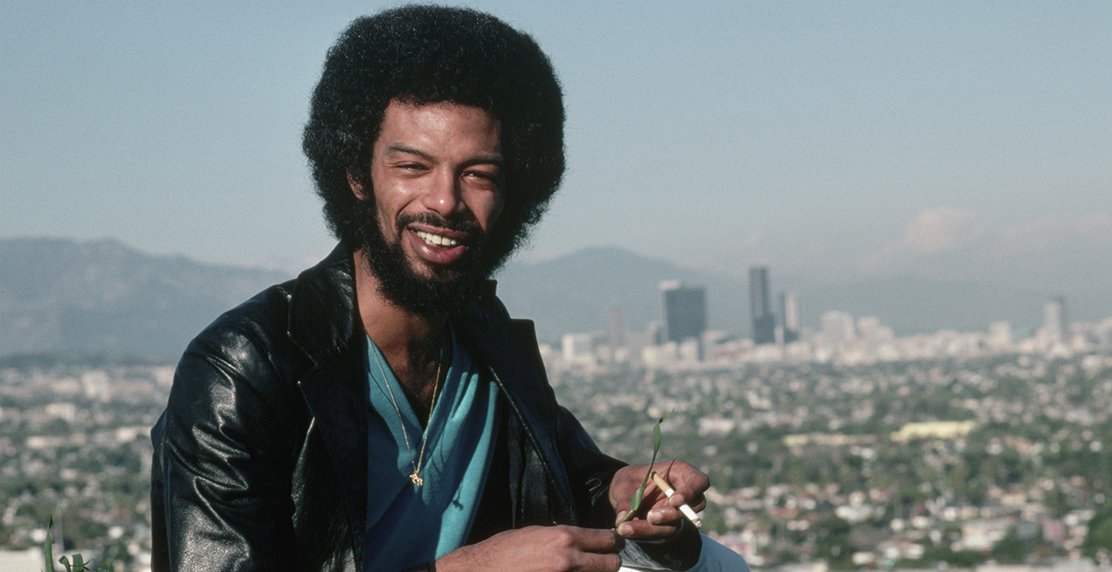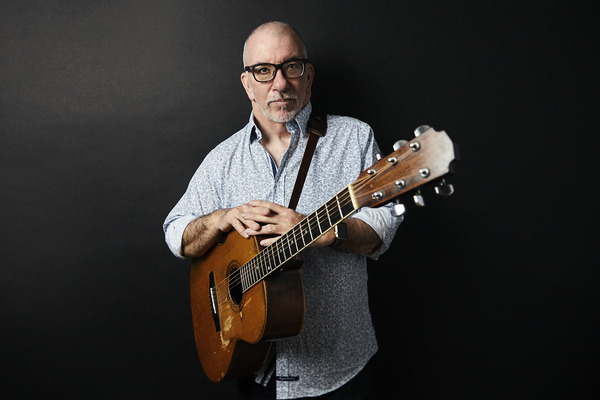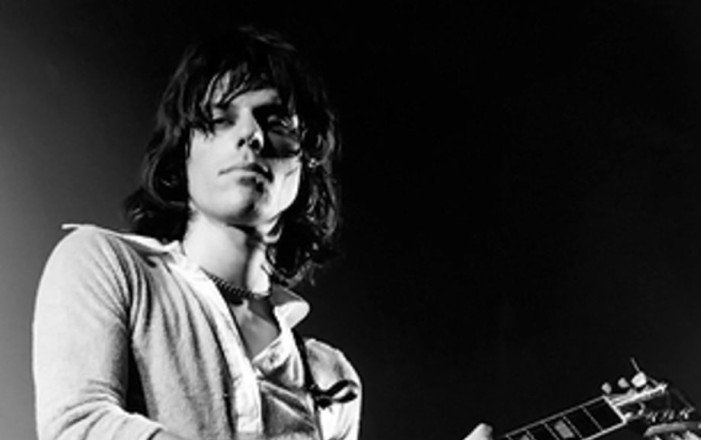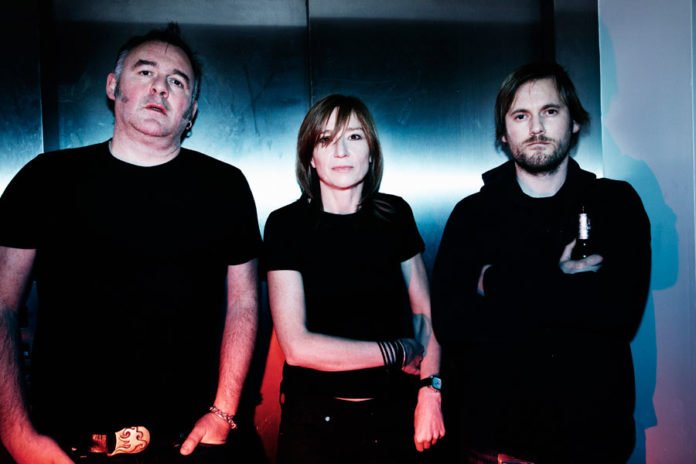Gil Scott-Heron’s 1970s work was an important foundation for the development of rap music, a mix of no-nonsense street poetry that was politically and socially conscious. His work inspired a generation of rappers who valued his intelligent songwriting.
Scott-Heron was born in Chicago but relocated to Tennessee, then spent most of his high school years in the Bronx, where he experienced firsthand some of the issues he raises in his music. His writing began as a preteen, completing his first book of poetry at 13. Moving to Pennsylvania for college, Scott-Heron lasted a year before dropping out to focus on his writing. His first novel The Vulture came soon after that.
Gil Scott-Heron’s parents divorced when he was young and he was sent to Tennessee to be raised by his grandmother. She introduced him to literature and music but it was there he experienced prejudice. He was one of three children picked to integrate an elementary school in nearby Jackson. The abuse proved too much to bear, however, and the eighth grader was sent to New York to live with his mother.
Gil Scott-Heron was encouraged to record in the late ’60s by producer Bob Thiele, who had worked with jazz greats including Louis Armstrong and John Coltrane. His early work focused heavily on spoken word versions of his poetry and placed him on the jazz charts.
Scott-Heron met his first musical partner Brian Jackson during his brief time as a student at Lincoln University. Jackson’s departure in 1978 led Scott-Heron in a different musical direction – one that brought some success on the R&B charts in addition to jazz. Heron stopped recording in 1982 and did not return for 12 years.
While Gil Scott-Heron is credited as a godfather of rap, he is ambivalent about that recognition, remarking in 2010 in an interview for the Daily Swarm: “I don’t know if I can take the blame for [rap music]”. Scott-Heron died in 2011 from an unspecified illness.







